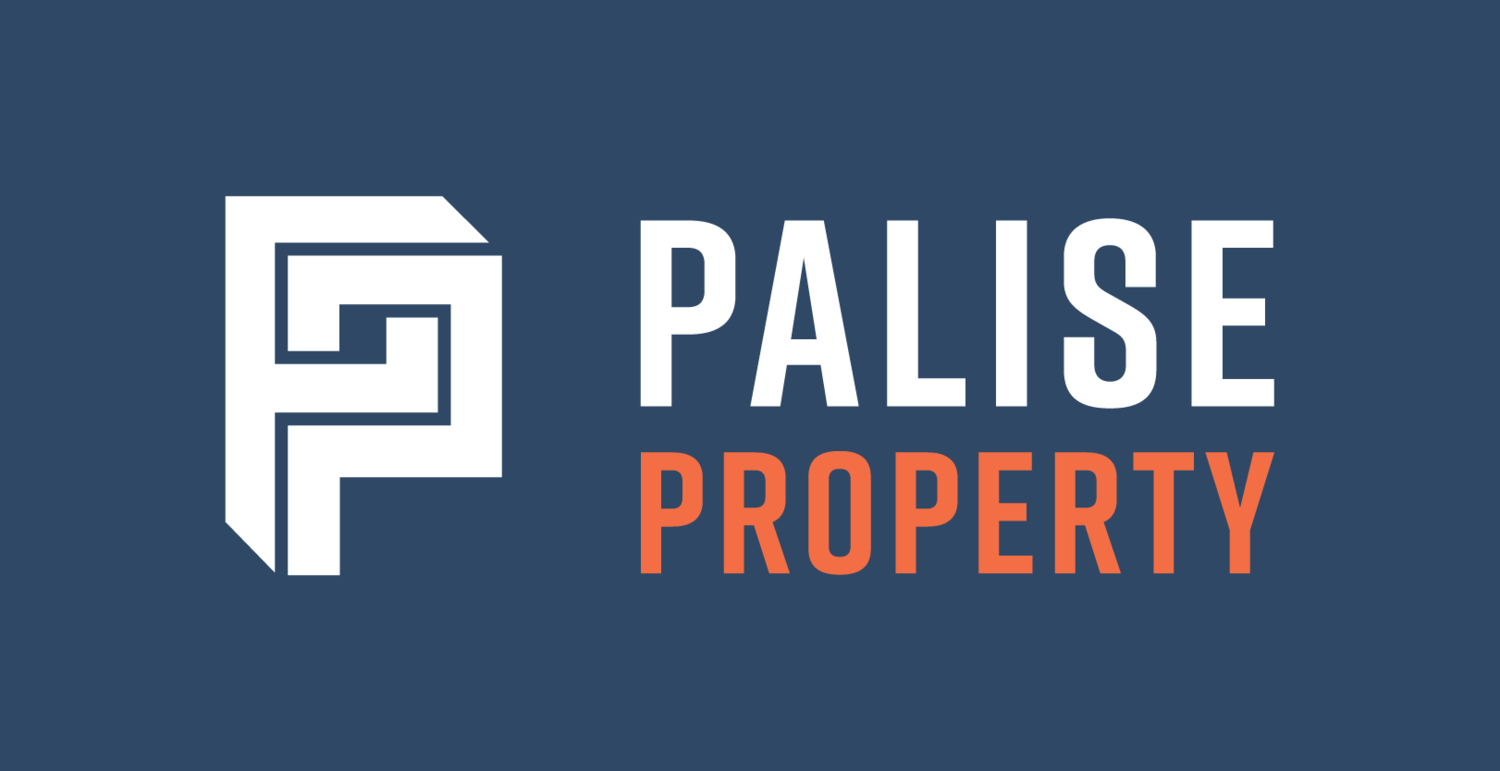Commercial Property Investment 101: A Beginner's Guide
Are you looking to invest in commercial property? With the right knowledge and understanding of the market, this can be a great way to make money and diversify your portfolio. This beginner’s guide will help you understand all the basics that you need to know about investing in commercial property so that you can make informed decisions.
1. What is Commercial Property Investment?
Commercial property investment involves buying physical real estate for business use, such as office buildings and retail spaces. Unlike residential properties which are bought with the intention of living in them, commercial properties are purchased primarily for their potential income-generating capabilities through rent or lease agreements. It can also offer some tax advantages, depending on where you live and how it is structured.
2. What Are the Benefits of Investing in Commercial Property?
The main benefit of investing in commercial property is that it can provide a steady stream of income if done correctly. Rents from tenants are usually more reliable than other investments, and you may be able to benefit from long-term capital gains over time as the value of your properties increases. Other potential benefits include tax advantages depending on where you live, as well as appreciation of asset values over time.
3. What Are the Risks Involved With Commercial Property Investment?
Like any investment, there are risks involved with commercial property investment. For example, vacancy rates could leave you without rental income for extended periods of time or you might need to make costly repairs that you weren’t expecting. Regulations and zoning can also change over time, making it difficult to predict the future of your investment. It’s important to do your research before investing in any commercial property so that you understand all the potential risks involved.
4. What Are the Steps Involved in Investing in Commercial Property?
Investing in commercial property involves several steps including researching different properties, evaluating their potential for income generation, finding suitable tenants, conducting due diligence on them, and negotiating rental agreements with them.
You may also need to arrange for financing if needed and make sure all legal documents are properly prepared. Once these steps are complete, you can begin collecting rent and maintaining your property to ensure its value and profitability.
5. How Can I Find Help When Investing in Commercial Property?
If you’re just getting started with commercial property investment, it can be beneficial to consult a real estate solicitor or accountant for advice. They can offer valuable insights and help make sure that your investments are sound.
You should also research the local market so that you understand the nuances of investing in your area. And if you need additional assistance, there are many experienced investors who are willing to advise and mentor newbie investors.
Conclusion:
Investing in commercial property can be a great way to make money and diversify your portfolio. With the right knowledge and understanding of the market, you can ensure that your investments are profitable and successful. This beginner’s guide has provided you with all the basics that you need to know about commercial property investment so that you can make informed decisions. Good luck!
